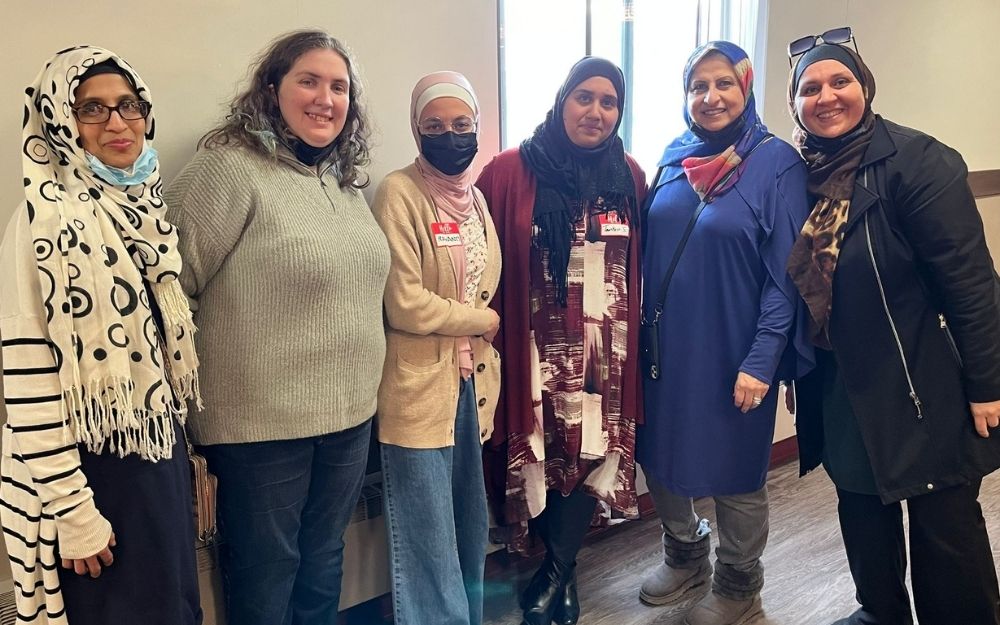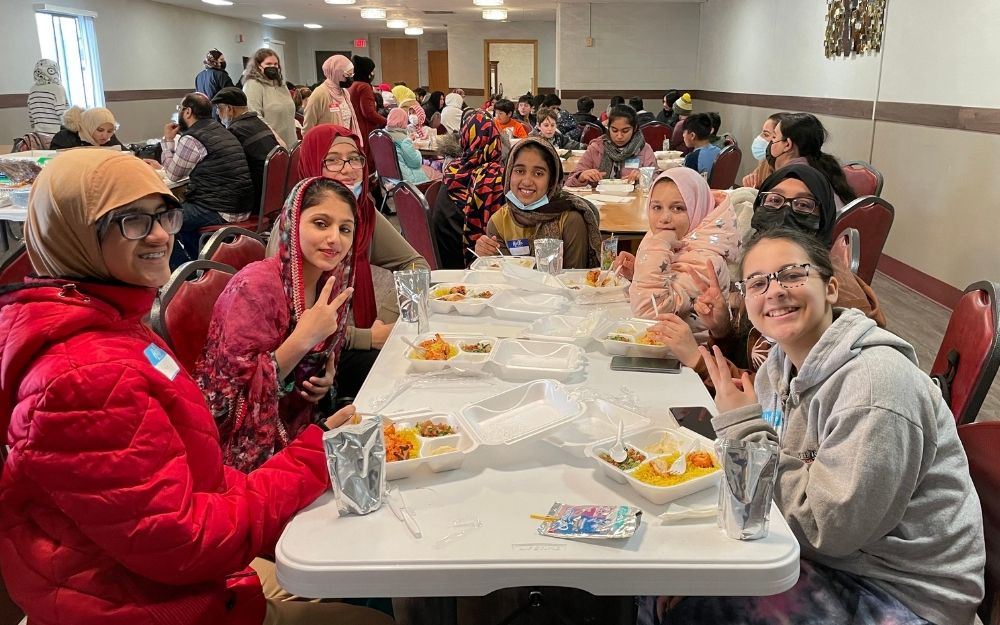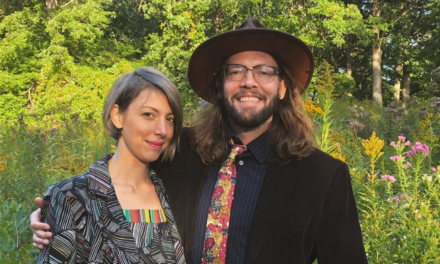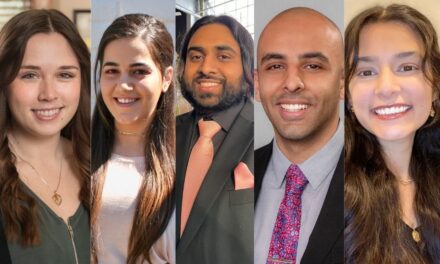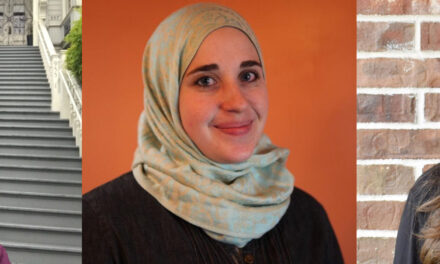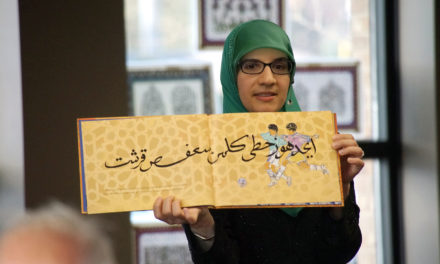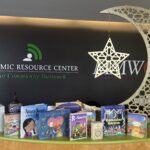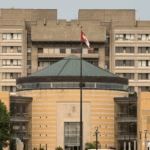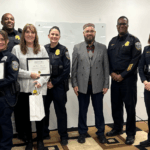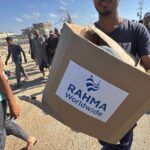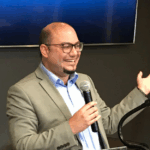Hunger Task Force provided lunches for all the “buddies “and their new Afghan friends, served by Taqwa’s Bakery and Restaurant. The Be a Buddy Program’s first event was held at the Insight Learning Center in Brookfield.
When Shamshad Siddiqui of New Berlin asked his daughter Uzma what she’d like to do for her 13th birthday, she said she wanted to celebrate with refugees from Afghanistan. They may need some fun, she told him.
“Her answer took me by surprise,” he said in an interview Thursday. “I appreciate that a 13-year-old came up with that idea. I want to encourage her to keep that compassion alive.”
Siddiqui asked friends he knew through Masjid Al Noor in Brookfield to help him figure out how to make her birthday wish come true. They connected him to Milwaukee Muslim Women’s Coalition, a nonprofit organization that has been working to help meet the needs of Afghans who fled their country when it fell to Taliban control at the end of August.
He learned about MMWC’s Be a Buddy Program, a project to connect Afghan children and teens with locals their age. Through a series of Saturday workshops, participants, ages 10 – 17, join together in learning activities, recreation and art, and also have time to chat over lunch.
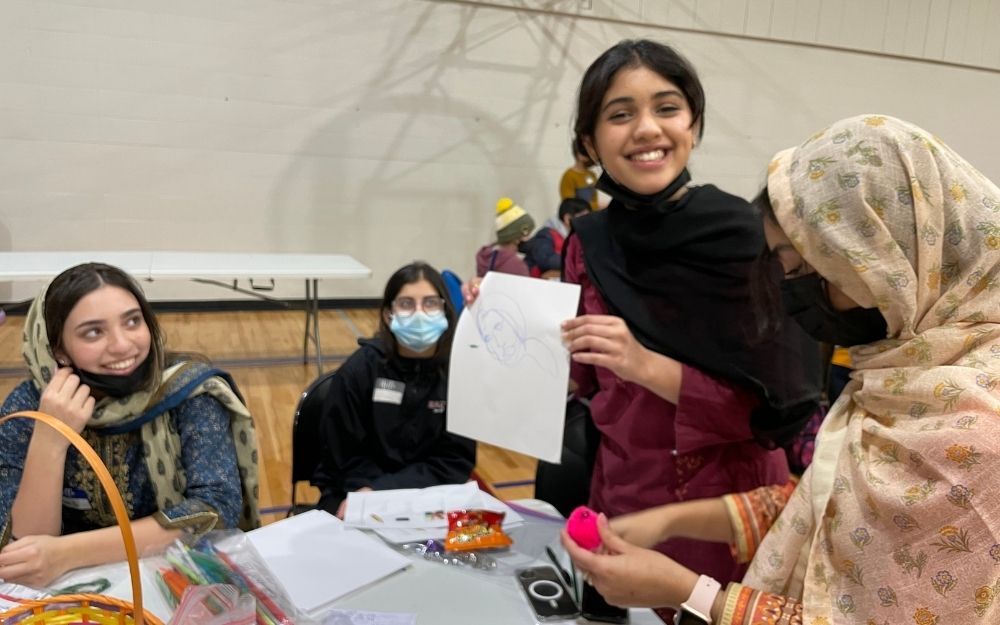
Older teens (16-18) created art projects together with their new Afghan “buddies.”
Almost 40 local “buddies” turned out last Saturday at Insight Life Learning Institute, 13780 Hope St., Brookfield, for the first program, giving each Afghan youth several new friends their age. Adult volunteers, including drivers, facilitators and translators, along with support from organizations and individuals, made this workshop what Siddiqui called “a huge event” and, coincidentally, fulfilled Uzma’s birthday wish in a big way.
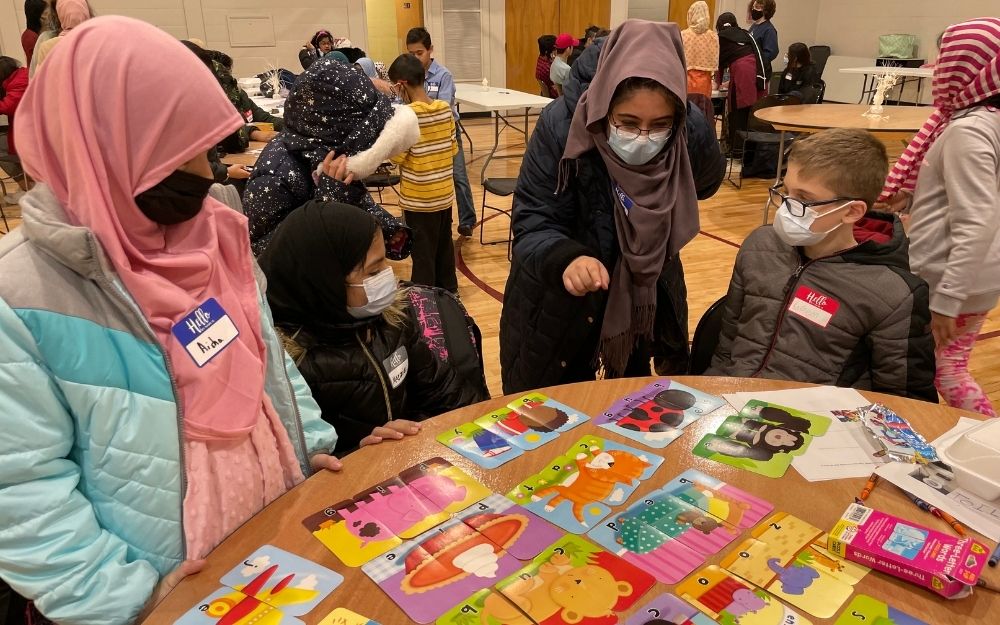
Volunteer and Dari translator Fatima Opeyany helped 9- and 10-year-old Afghan children learn three-letter English words. Dari is the most common language spoken in Afghanistan.
Meeting the needs of resettled Afghan children and youth
Since Afghan evacuees began arriving in Wisconsin, the MMWC has been monitoring their situation. It organized a delegation of 10 Wisconsin Muslim women to visit Ft. McCoy Sept. 25 to check on the condition of the almost 13,000 Afghans housed there at the time, waiting to resettle in the United States. U.S. Reps. Gwen Moore (D-Wis.) and Ilhan Omar (D-Minn.) accompanied the group.
MMWC, together with Hanan Refugee Relief Group, collected donations of warm clothing, prayer rugs and other needs of the Afghans temporarily housed at Ft. McCoy. The items were delivered in September and October.
In December, a number of Afghan families from Ft. McCoy were temporarily housed in a Milwaukee-area hotel, waiting for permanent housing. MMWC saw the opportunity to provide some programming for the 30 children who were cooped up in their hotel rooms. It would also provide some free time to their parents, who needed to participate in immigration processing, said Janan Najeeb, MMWC president.
The International Institute of Wisconsin, one of the resettling agencies, had the children shuttled to the Islamic Resource Center where MMWC staff provided programming, including lunch, from 11 a.m. to 4 p.m. for five days. Children were involved in vocabulary-building games, songs and recreation.
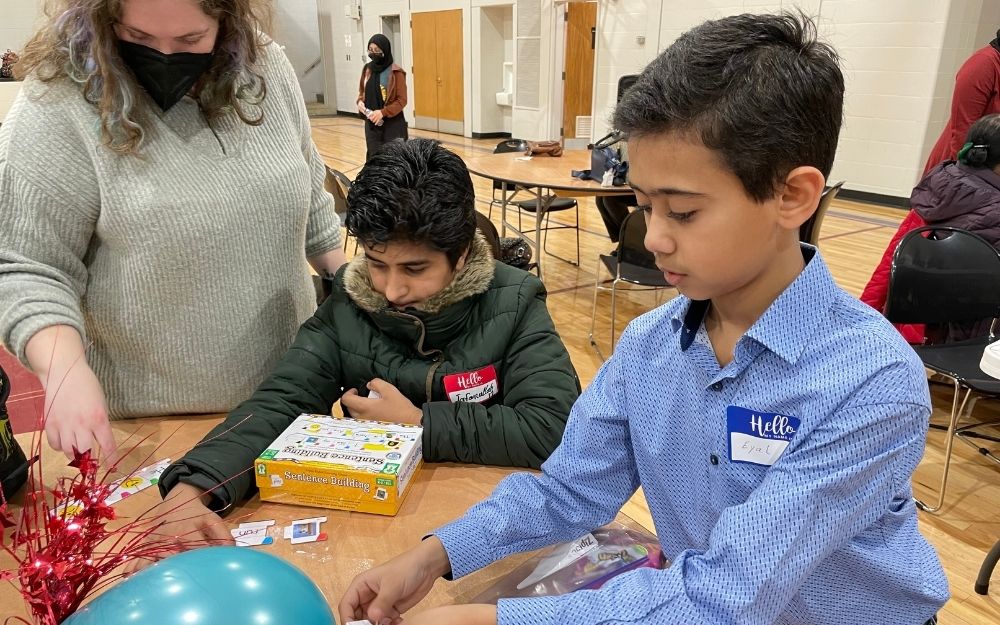
Be a Buddy Program Coordinator Destiny Hamblin helped an Afghan student learn to build an English sentence.
“We had planned to continue but, after five days, those families had been resettled,” said MMWC librarian Destiny Hamblin, coordinator of the Be a Buddy Program. Hamblin was a teacher for three years and is completing a master’s degree in library science at the University of Wisconsin-Milwaukee.
That week in December sparked MMWC’s plan to start the Be a Buddy Program, Hamblin said. The staff was able to see the needs of the Afghan youth and plan programs to meet them, she said.
“My thought was kids like helping kids, so the idea of the buddy program came together,” she said. They decided to recruit children and teens to participate, but what would they do with their buddies?
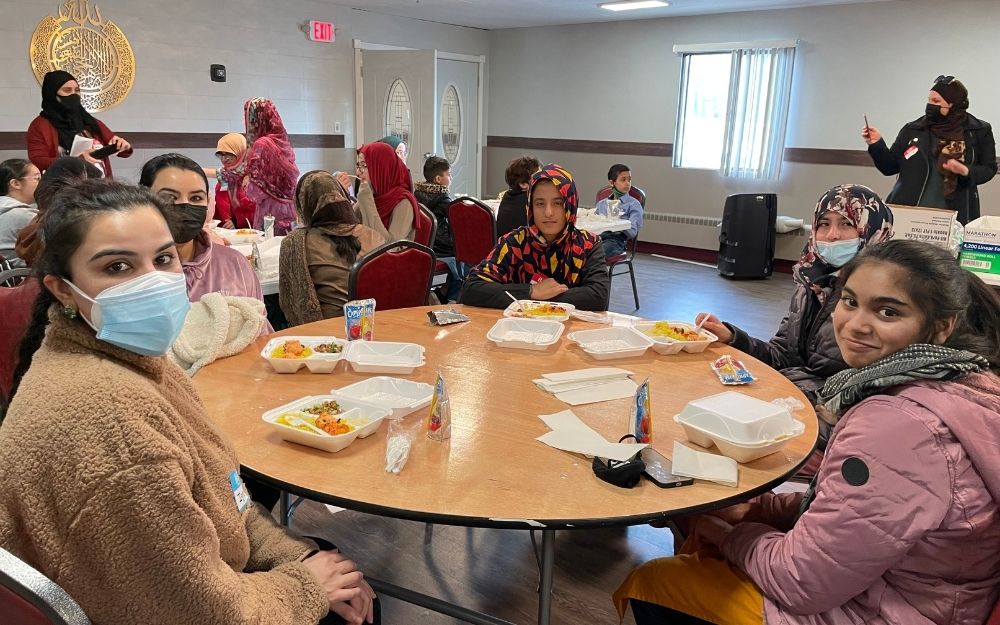
Afghan and American teens had a chance to chat over lunch.
“We asked ourselves, ‘What did we see from the time they were here that they would need to know? How to meet people, how to get to know people, how to try new foods, how to navigate school. These topics are really important.”
Programs were planned to address the needs they saw, Hamblin said. February programs are about meeting new people and making friends. Programs in March and May are about trying new foods. The topic for April is “Navigating School” and June will address “Asking for Help and Important People.”
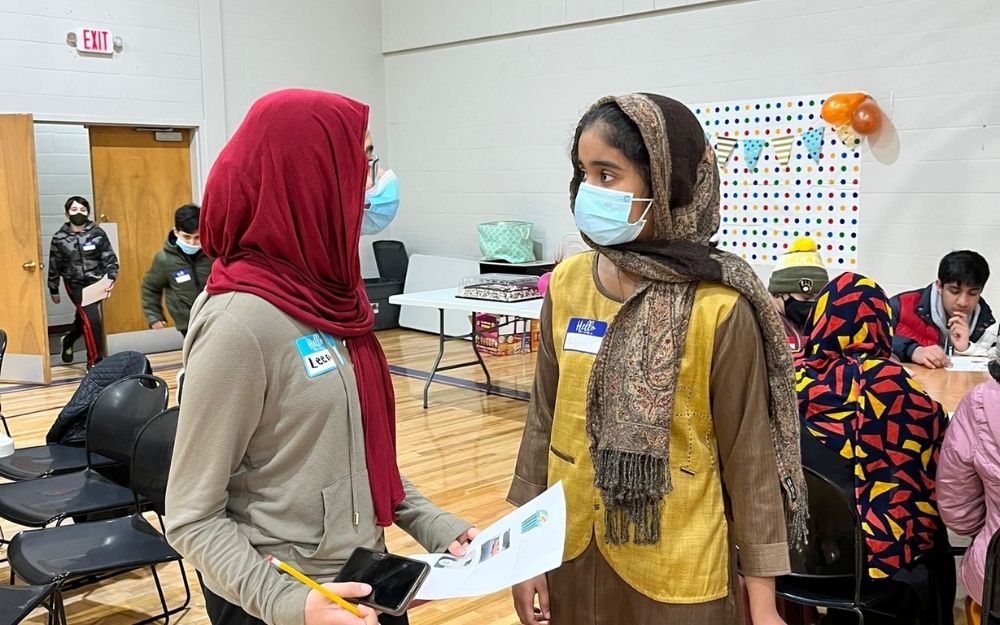
A community effort
The MMWC team also realized they would need support from others to make the program work, Hamblin said.
“We have about 25 volunteers on a list so I sent information out to all of them about the new program,” she said. They also advertised through social media for both “buddies” and adult volunteers. Islamic Society of Milwaukee-Brookfield, also known as Masjid Al Noor, “put out a loud call,” Hamblin said.
Plenty of children and teens responded. Ten adult volunteers helped, but more are needed, she said.
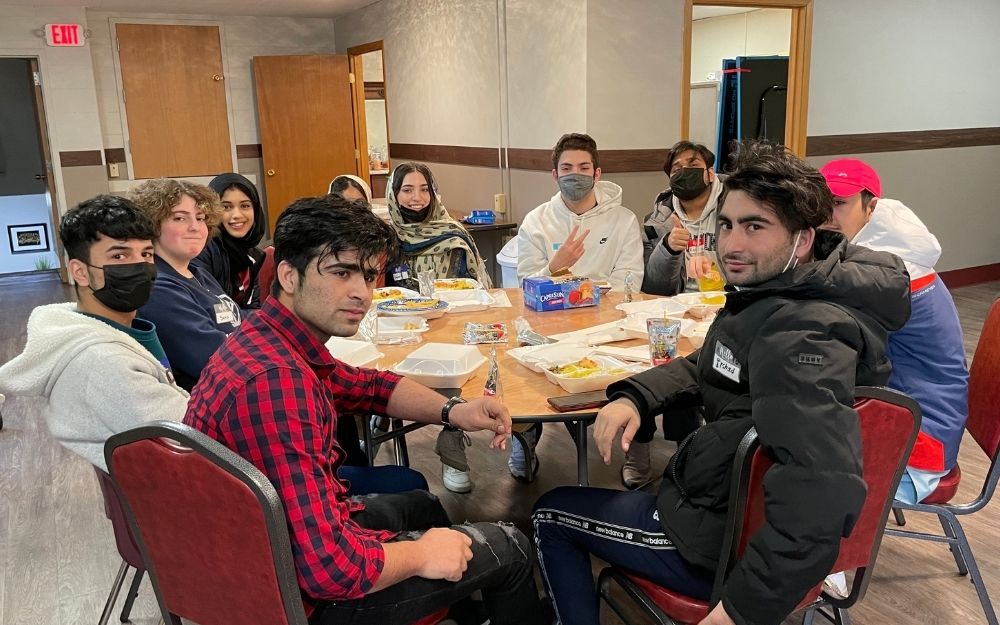
Dr. Mohammad Heder, one of the owners of the facility in Brookfield, “called and offered to let us use it free of charge for the program.” Hunger Task Force secured a grant for refugee relief and through it is providing the lunches and some programming about food.
MMWC secured a grant of $500 from “The Our City of Nation’s Conference,” of the Medical College of Wisconsin’s Office of Global Health, for educational supplies and programming for the Be a Buddy Program.
“It was wonderful to see everyone come out and want to help these kids get involved in the community,” Hamblin said. “It let them see there is a community that appreciates and loves them.”
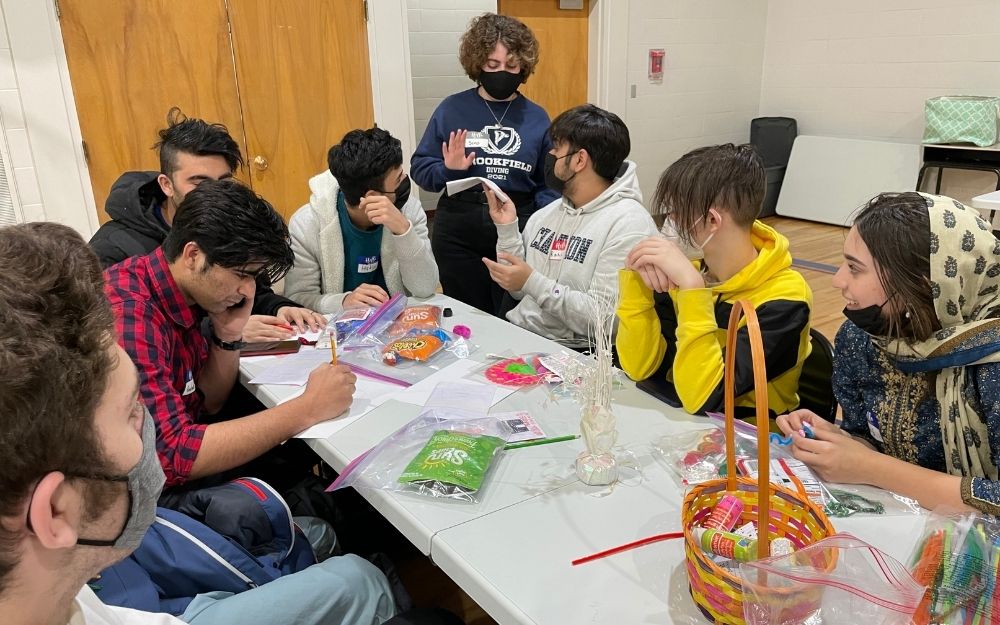
Milwaukee-area youth eager to participate
Rahhim Qureshi, 16, a sophomore at Brookfield Central High School recently asked his mother to help him get more involved with the Muslim community, he said in an interview Thursday. “I grew up in this community but I was never super involved.”
Qureshi’s mother had heard about the Be a Buddy Program and told him about it. He decided to sign up. “I learned over the pandemic quarantine, I have a lot of time. I’d rather spend the day productively. I want to spend time wisely.”
At the “Be a Buddy Program,” Qureshi found himself working with other 16-year-olds, “solving problems together as a team. I recognized some of them from the (Muslim) community. I used to be in Sunday School.
“We were in a group with a kid from Afghanistan, trying to communicate,” he said. Qureshi speaks a little Urdu so he understood some words and one of the Afghans knew English “pretty well.”
“I just wanted to make it so everyone was having fun. I felt better just being involved with everything,” he added. “It makes me feel part of the community to know I did something to help. I will most definitely continue.”
Not all the local “buddies” are Muslim. Lydia Fleisher, 13, a student at Milwaukee Public School’s Maryland Avenue Montessori was there because “Mom signed me up,” she said in an interview Wednesday. “We don’t have any connection to the Muslim community.”
Her mother, Christine Evans, of Milwaukee, saw the program announced in the Facebook Group “Milwaukee Refugee Supporters.”
Lydia wasn’t sure what to expect when she arrived Saturday. “We all sat down at tables by age group. I didn’t know anyone there but I was able to make new friends,” she said. “It was really fun.”
She noticed a 13-year-old girl from Afghanistan who “seemed nervous at first. But soon everyone came out of their shells. Once we had done our first activity together, a scavenger hunt, people were exchanging phone numbers.
“I plan to continue. It was a fun experience meeting new people from all backgrounds, all there for the same reason, to help someone they don’t know. That made it easy for us to make connections.”
Evans added: “It was a really welcoming environment. To the credit of the organization, they know how to let the kids enjoy it. They know how to work with teenagers, with a plan but not too detailed so they had room” to innovate themselves.
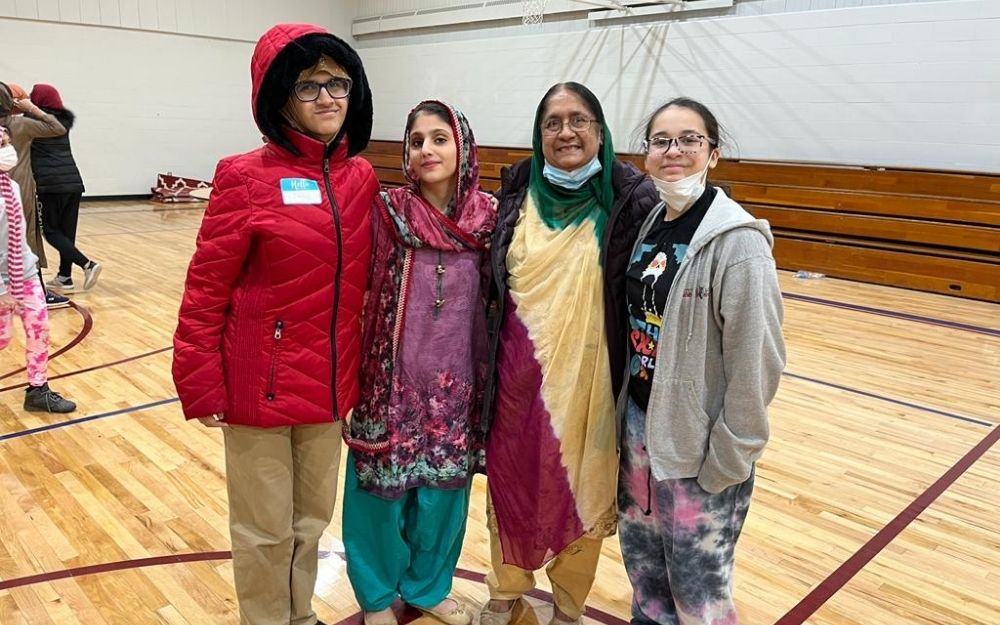
Kids helping kids
Pulling off the Be a Buddy Program was surprisingly complex, but they did it, Siddiqui said.
When Siddiqui called the MMWC to ask if he could bring a birthday cake for Uzma, he also asked how he could help. “They needed drivers to pick up 26 to 28 Afghan children and take them to the event.”
He rounded up four friends and they set out on the mission. Although they had translators to help, they couldn’t always communicate. Between 40 and 59 languages are spoken in Afghanistan, according to Translators Without Borders, an international organization of translators and language specialists serving humanitarian and development organizations. Even when they speak Dari or Pashto, the two most common languages, the dialects sometimes vary greatly.
At the same time, some families were afraid of sending their children and even though Afghan parents were welcomed to go with their children, some women were hesitant to go with a male driver, Siddiqui said.
The challenges of language continued at the event but it was the children themselves that overcame it, said Fatima Opeyany, who volunteered as a translator.
Her father was a refugee from Afghanistan in the 1980s and her mother an immigrant. She grew up speaking Dari, the most widely spoken Afghan language. When she moved to Milwaukee from California to study nursing at Alverno College, she and her mother visited MMWC and heard about the Be a Buddy Program. She volunteered to translate.
“Little kids and older kids were communicating somehow. It was amazing to see them building friendships, exchanging phone numbers and sharing stories, she said.
“An American boy, about 11, was teaching a few refugee children words in English. He was going slowly, so patiently, repeating words with them.”
“There was an Afghan girl named Mursal. She was 10. She spoke multiple dialects and translated between me and other children.”
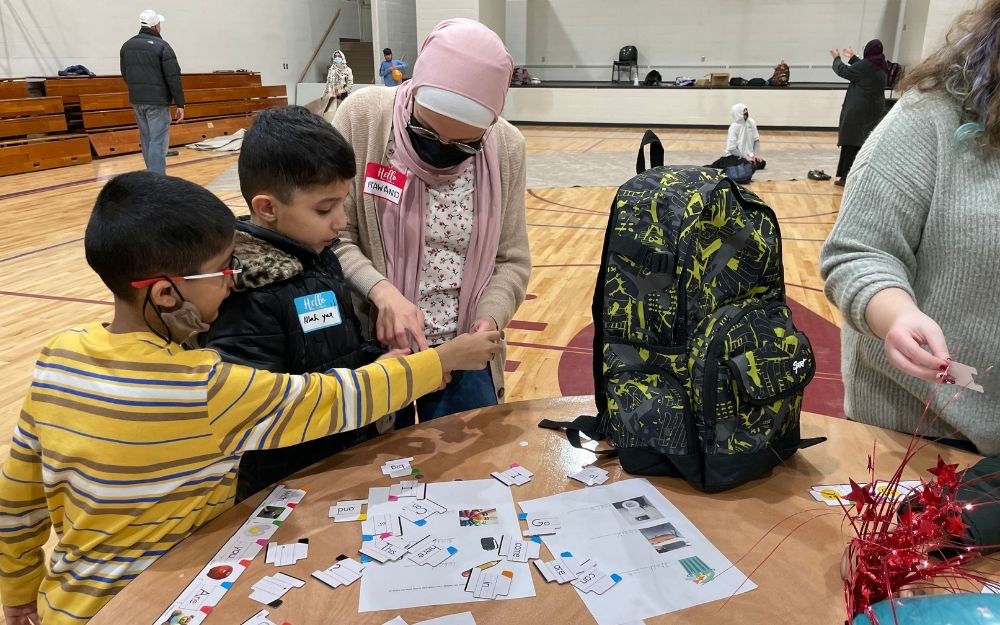
Milwaukee Muslim Women’s Coalition intern Rawand Yazaw, a graduate student in the Sustainable Peacemaking Program at the University of Wisconsin-Milwaukee, said volunteering at the Be a Buddy Program was meaningful.
“When a volunteer came up and asked her to pick the backpack she wanted, she was so excited,” Opeyany said. “The backpacks were colorful and adorable.”
Backpacks, purchased by MMWC, were filled with colored pencils, regular pencils, glue, scissors, notebooks, a prayer rug, hats and gloves, and a hygiene kit with toothbrush and toothpaste, dental floss, deodorant, shampoo and conditioner.
Another volunteer, Rawand Yazaw, 30, a University of Wisconsin – Milwaukee graduate student from Jordan was also “happy to see how the teenagers communicated. It was obvious they were having fun.
“Something I love about this community is they were eager to get to know the Afghan kids. They created a safe space for them.”
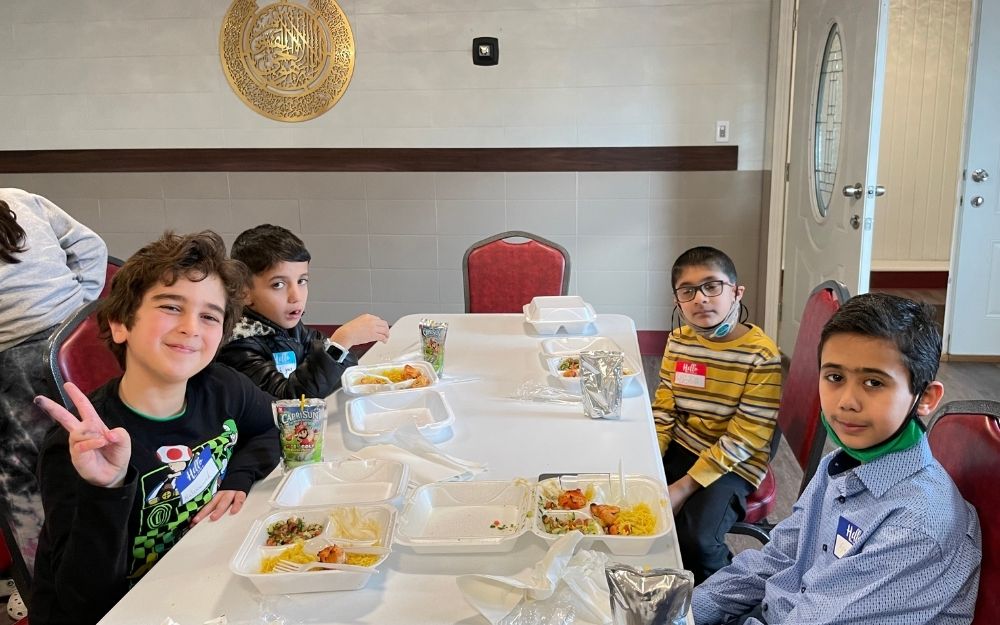
“The adult volunteers would start discussions at each table, modeling something like ‘My name is—the kids understood and did it. Then they started talking about themselves,” Hamblin said. “The buddies tried to get the Afghans to talk as best they could, prompting them. ‘Sister?’ ‘Brother?’ ‘Age?’ Simple questions.
“What was great was the kids were getting a lot out of them, using body language. They not only did the tasks. They elevated them. It was really cool to see them taking ownership and doing the lesson the way they wanted. It was better than I could ask for.”
“Everyone stepped up,” Siddiqui said. “For us, it felt like we accomplished something on a Saturday.
“It made my daughter’s birthday super special. She made a friend. They were holding hands and chatting the whole time. She has her phone number. Also, her younger sister, who’s 10, made a friend.
“It actually worked. It was a ‘buddy program’ and they found buddies for those kids!”
If you are and adult who would like to volunteer for future Buddy events, follow this link:
https://www.
